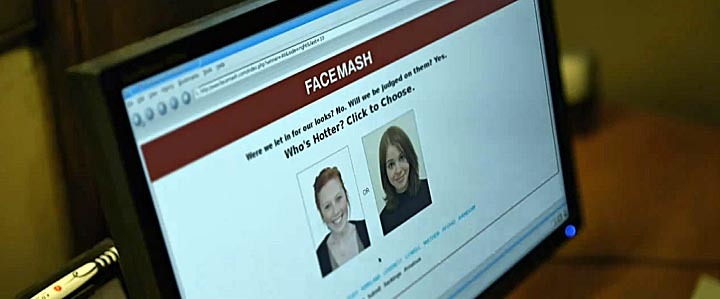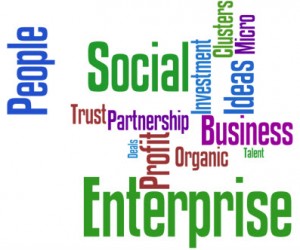After reading Christina Kwan’s blog post regarding Sustainability and watching the video that comes with it, I realized that the idea of sustainability is heavily reliant on the economic theory that people have unlimited wants in a world with limited resources. As a member of the Richmond Green Ambassador team, I am no stranger to the topic of sustainability. What I did not realize is the economic and business behind sustainability. My personal theory is that as society progresses technologically, and the population grows, there will be a greater inequality of wealth throughout the world due to the growing number of free-market economies. My reasoning behind this is simple: Newer technology require more resources, but the earth has a limited amount of resources and cannot cope with the demand for more resources. I think the video Christina found was very engaging and entertaining; as is her blog post. To sum it all up, I would like to bring up an old cliche used quite frequently in business that can describe my take on effect of disregarding sustainability: It is that no matter how much we try to change, “The rich get richer and the poor get poorer”.
If you haven’t already, read Christina Kwan’s blog post here!








